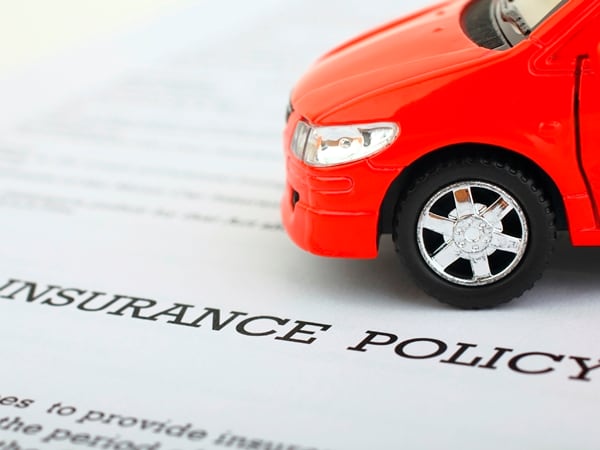
While no one likes to admit it, accidents happen. It doesn’t matter if you’ve been on the road for five minutes or five decades. Thankfully, when they do, car insurance is there to step in—protecting you, your vehicle, your passengers, and assets.
In the market for new car insurance? Look below for some top facts about these important policies.
One Policy, Lots of Coverage
A car insurance policy packages together different types of insurance coverage, some of which is required by state law. Typical coverages address accidents with uninsured motorists, medical payments and personal injury, as well as the repair of accident and non-accident damage to your vehicle, known as collision and comprehensive coverage.
The most common type of coverage however is liability insurance, which is required in most states. It covers bodily injury and property damage to others if you’re at fault in an accident.
Where to Buy
There are three major routes for buying car insurance—captive agents, brokers, and direct providers. The difference is this: captive agents represent one insurance company, brokers represent multiple insurers, and direct providers sell “directly” to consumers, typically online or over the phone.
Regardless of which route you choose, make sure to check that the insurers are licensed in your state, have solid financial standing, and low consumer complaint ratios.
Cheaper Isn’t Always “Better”
Buying a cheap policy saves money short-term, but at the end of the day, you want an affordable policy that fulfills all your needs. Why? Let’s say your liability insurance only meets state minimums. If you’re at fault in an accident and your coverage doesn’t cut it…your assets could be on the line to pay the rest of those bills. In general, the more you have to lose, the more insurance you need.
When deciding what insurance to buy and how much, don’t forget to consider which coverage is required by your state, lien holder (if leasing or have a loan), or already provided through your health insurance.
Rates Aren’t Set in Stone
A bewildering number of factors affect the price you pay for car insurance, including your age, accident history, distance you drive, and where you live. Others factors include the size and price of your vehicle, its cost to repair, and risk of theft. Get this—even your credit score can have an effect. That said, shoppers with spotless driving records typically net the best rates, as providers see them as low risk.
Savings and Discounts Abound
So what’s the key to buying car insurance? Shop around. Pricing can vary widely between providers, so it helps to compare quotes from multiple sources. While you’re at it, inquire about any available discounts too. Insurers like State Farm award discounts for good driving habits, bundling home and auto policies, insuring multiple cars, and more.
Looking to add to those savings? Raising your deductible can lower your insurance premiums, sometimes significantly, however you do assume more financial risk in the event of an accident.







